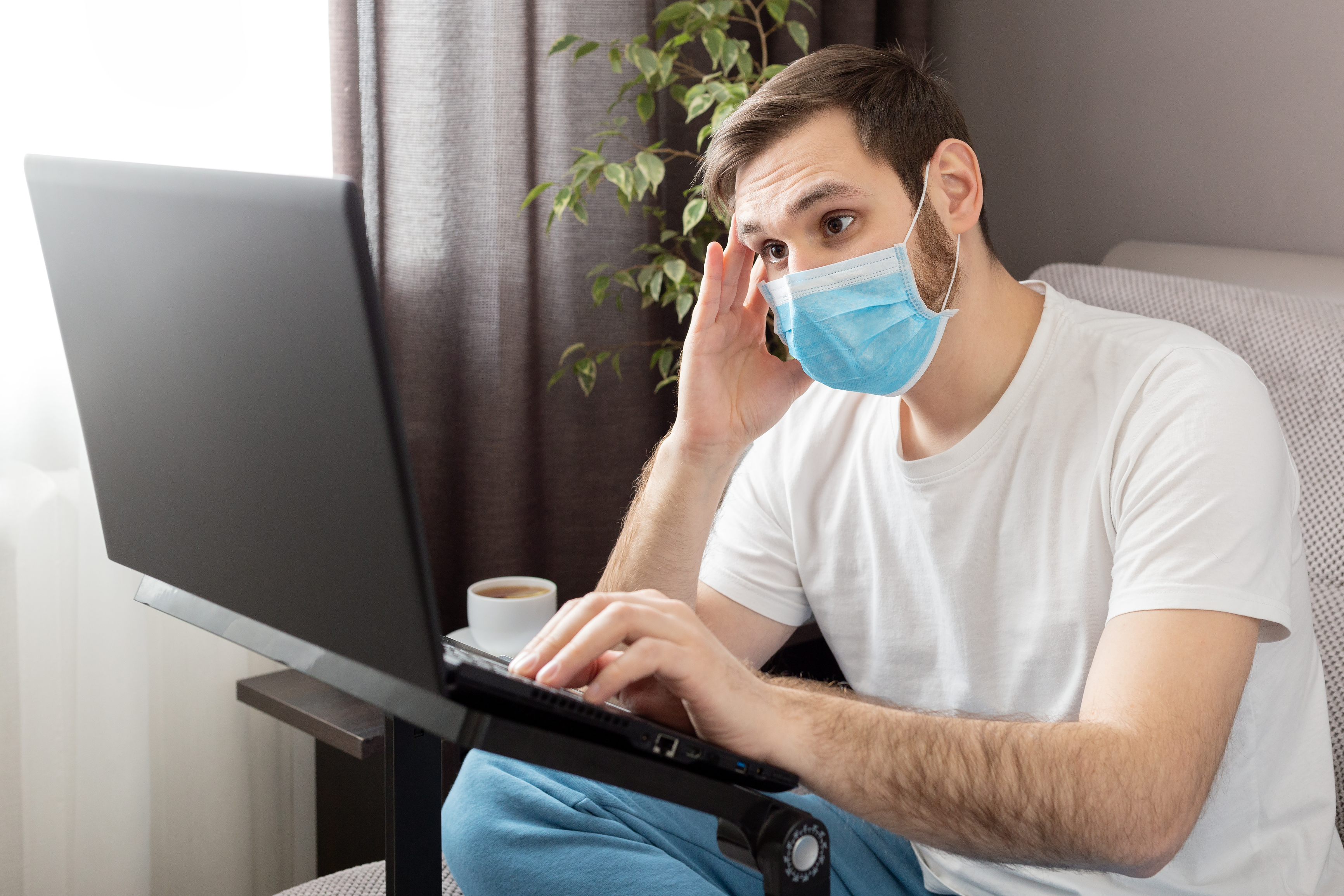The contagious coronavirus (COVID-19) infection is the greatest disruption to American lives since 9/11. Nothing of this magnitude has ever been witnessed in our lifetime. Panic, fear, and anxiety is at an all time high. School closings, travel bans, sports cancellations, shutting down of restaurants, museums, and concerts, social distancing, to self-quarantines, has brought most everything we took for granted to an abrupt halt. Life as we once knew it changed in a blink of an eye.
Not that long ago, few of us suspected the impact COVID-19 would have on everyone – young or old, man or woman, rich or poor. This historical catastrophe will be a defining moment. Globally, the vast majority of people are showing extraordinary and unprecedented kindness, compassion, and understanding towards one another, a welcomed silver lining during this bizarre situation.
Everyone has experienced rising stress levels because of this virus. Stress when in the midst of a global pandemic of a highly infectious disease is completely normal. We worry about our heath and also of our loved ones. Maybe you or a loved one suffers from a chronic health condition such as diabetes, heart disease, cancer, or asthma. Maybe you’re an older adult in good health yet have concerns how strong your immune functioning is if you contracted coronavirus. Perhaps you’ve had trouble sleeping, been more emotional, or hate social isolation. Again, perfectly normal feelings and concerns associated with high anxiety. But to dwell on the “what if’s” will in time become all-consuming and overwhelming that is unhealthy and unnecessary.
Managing high anxiety during a pandemic
When anxiety boils over to the point of causing health issues or obsessive thoughts and actions, seek professional help. Trained mental health counselors can offer effective techniques of dealing with fears and concerns during these stressful times.
Crises are best approached with a calm and reasonable demeanor. A first step is to prepare yourself first so you can help others dependent on you. There’s a reason why airline stewardesses tell us to, “Put your oxygen mask on first before helping others with theirs.”
When we focus on what calms our nerves when under stress, we better able to reach a plateau of more logical and rational thinking. Here are other ways to consider of coping with the anxiety of coronavirus:
- Take a news break
It’s important to stay informed but news overload (which tends to focus on the “bad”) is a stressor. Each day, have a time frame of where you turn off the TV or radio, take a breather from social media, and instead simply enjoy peace and quiet. The more we expose ourselves to watching and listening to the news, the more our anxiety tends to heighten. Dial down your exposure and you’ll dial down stress.
- Keep your same routine as much as possible
For anyone who has been told to “work from home,” finding how to balance your time while in your home is not always that easy. That’s why following a routine can be very calming. Keep your lifestyle as close to what you are used to, despite the turmoil of change occurring around you. This creates a sense of normalcy grounding you while at home. Continue your normal routine of what times you usually wake up and go to bed, do laundry, or buy groceries. Reducing chaos is your goal and in time, things will go back to normal.
- Do something relaxing every day
Relaxation is a major necessity for calming and quieting your worries. Everyone has their favorite ways to relax. The key is to take the time to do so, now more than ever. Walk your dog, get outdoors to get fresh air, take a walk, read those books or watch the movies you’ve been meaning to, continue to exercise and eat healthy foods, and avoid caffeine and alcohol. Discovering what clears your mind to have more positive thoughts can lead to more rational thinking.
- Reach out to others
The social distancing or self-quarantines takes a toll on mental health. Utilize technology and social media during this time. Make phone calls, email, send texts, encouraging each other to ‘hang in there’ as we ride this storm out together. Check up on elderly loved or neighbors with a phone call, offer to get groceries or medications for someone who is under quarantine, or simply reach out to anyone who could use a friendly smile or words of encouragement and support during these difficult times.
- Practice controlled breathing
When under extreme stress, our breathing may become abnormal. You may feel increased anxiety as if you’re having a panic attack. That’s where learning controlled breathing can be very calming. Click here to begin practicing 8 breathing exercises to calm anxiety.
Final thoughts
Most importantly, remember we’re all in this together and eventually life will go back to normal. It’s when we work together helping one another to get through this health scare, that we will come out of it strong, wiser, and more capable to handle any other crisis in the future.


